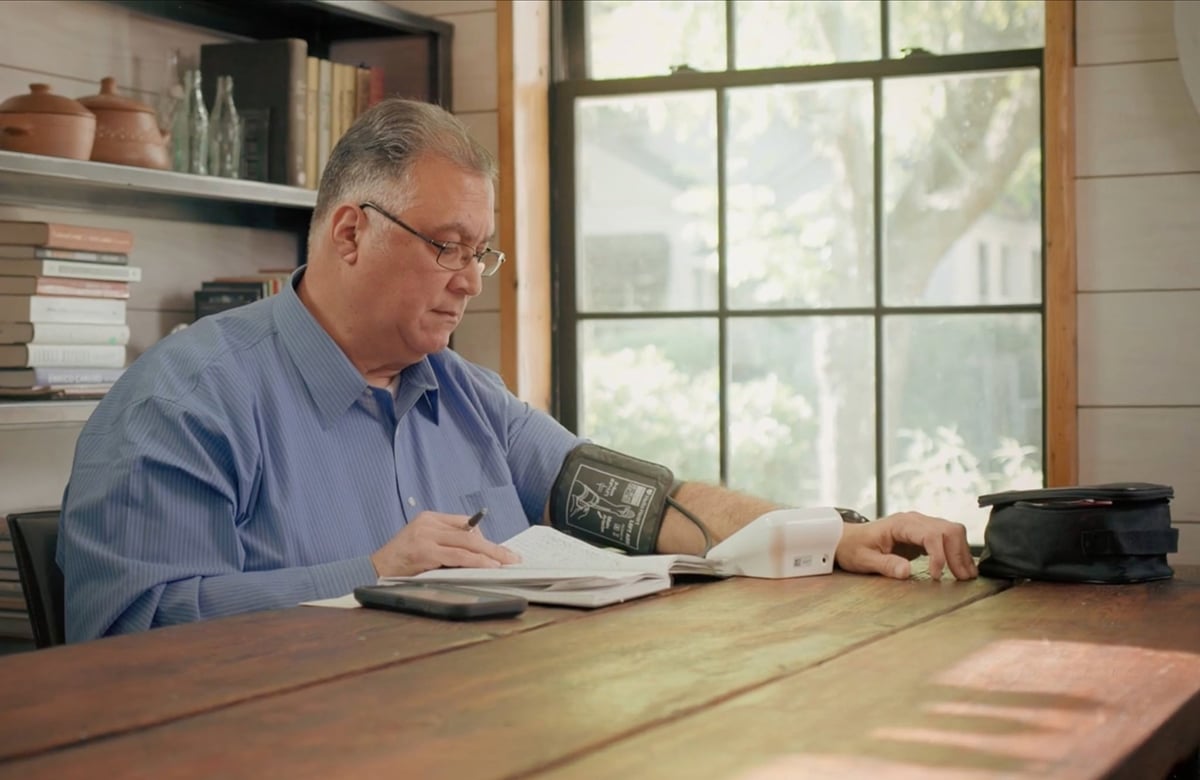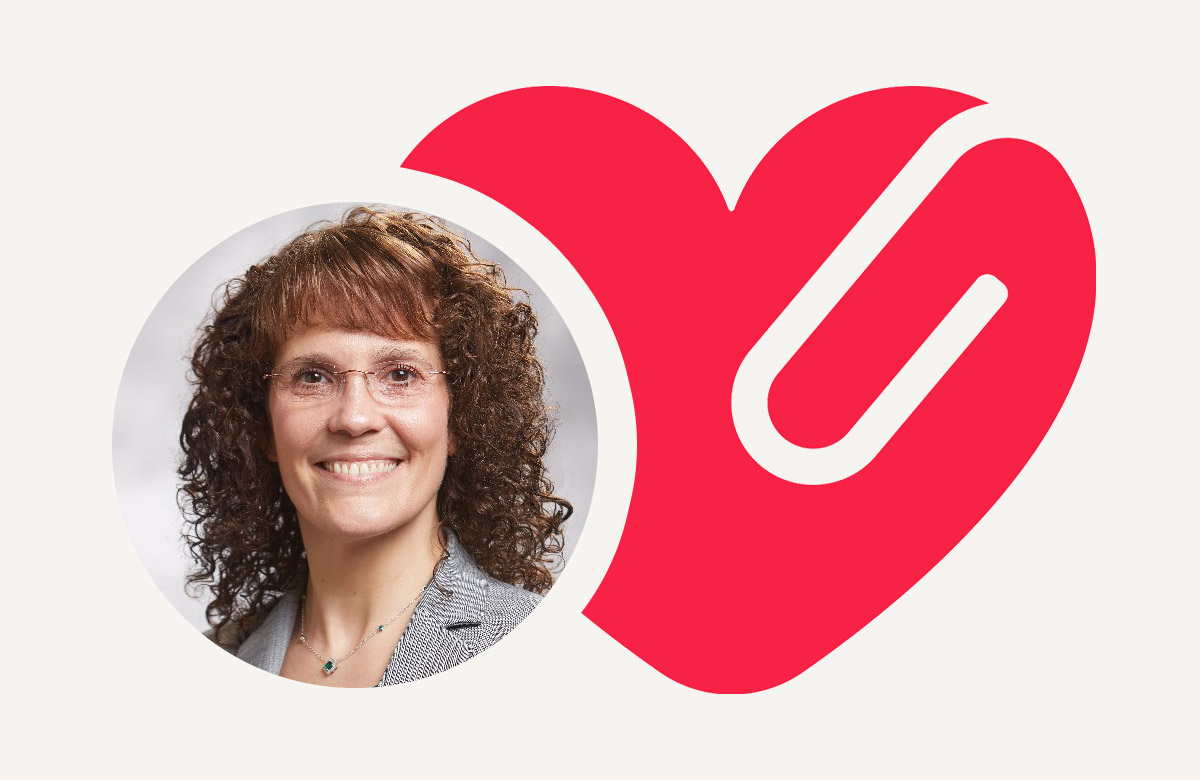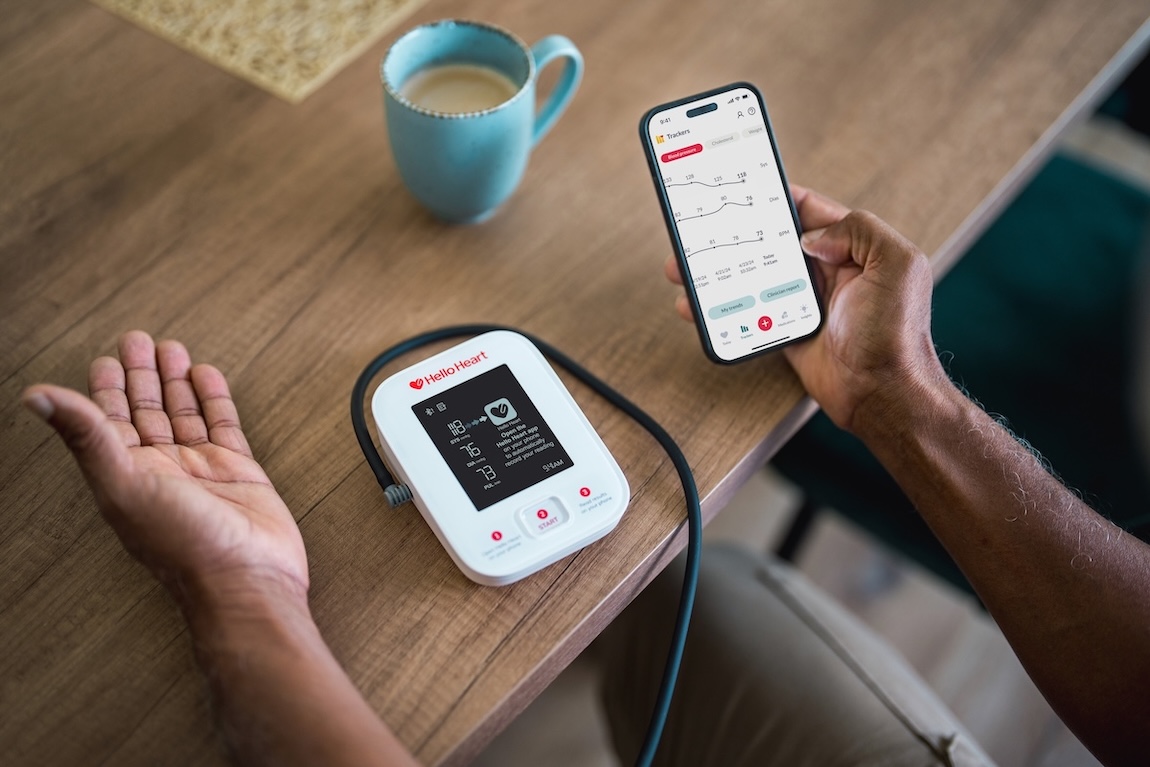The Hello Heart Blog
Thank you! Your submission has been received!
Oops! Something went wrong while submitting the form.
Sorry, no results found.
Try refining your keywords or categories to find what you’re looking for!
Thank you! Your submission has been received!
Oops! Something went wrong while submitting the form.
Sorry, no results found.
Try refining your keywords or categories to find what you’re looking for!






.jpg)










